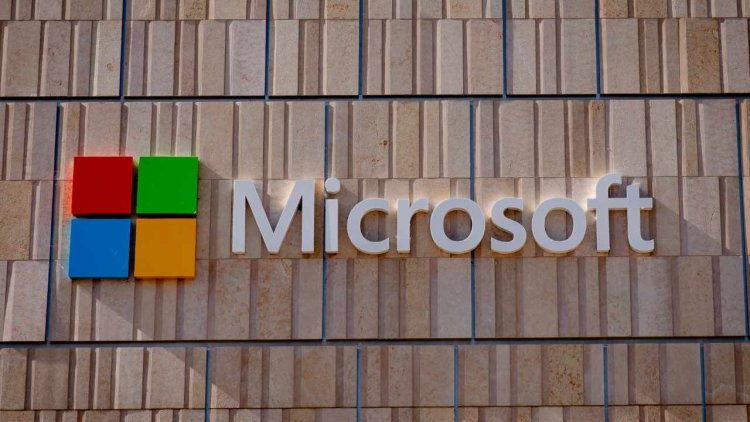Microsoft Declines Bitcoin Reserves Proposal: Michael Saylor’s Persuasive Pitch Fails to Sway Shareholders
Microsoft shareholders reject a proposal to adopt Bitcoin as a financial reserve despite Michael Saylor's advocacy, highlighting ongoing skepticism about cryptocurrencies in corporate finance.

Microsoft Declines Bitcoin Reserves Proposal: Michael Saylor’s Persuasive Pitch Fails to Sway Shareholders
Microsoft’s shareholders have decisively voted against adopting Bitcoin as part of its financial reserves. Despite high-profile advocacy from MicroStrategy’s Michael Saylor, the tech giant remains committed to its traditional investment strategies, citing concerns about Bitcoin's volatility.
A Resounding “No” to Bitcoin Investments
At the recent shareholder meeting, Microsoft rejected the proposal titled “Assessment of Investing in Bitcoin” put forward by the National Center for Public Policy Research. Advocates of the proposal argued that Bitcoin could act as a hedge against inflation, enhance shareholder value, and align Microsoft with other tech leaders like Tesla and MicroStrategy.
Michael Saylor, the executive chairman of MicroStrategy and a prominent Bitcoin evangelist, presented his case to Microsoft’s Board of Directors. In a widely circulated video, Saylor described Bitcoin as the next technological wave, asserting that Microsoft’s early adoption could boost its market capitalization by $5 trillion over the next decade.
Saylor’s Key Arguments
-
Bitcoin’s Superior Returns:
Saylor highlighted Bitcoin’s historical outperformance compared to traditional assets like bonds and equities, positioning it as a high-value addition to Microsoft’s portfolio. -
Resilience to Economic Risks:
He emphasized Bitcoin’s ability to withstand inflationary pressures and geopolitical uncertainties, presenting it as a reliable store of value. -
Boosting Shareholder Value:
Saylor proposed reallocating funds from stock buybacks and bond holdings to Bitcoin, predicting this could add hundreds of dollars to Microsoft’s stock price.
Why Microsoft Said No
Despite Saylor’s compelling pitch, Microsoft’s board recommended against the move, and shareholders overwhelmingly agreed. The rejection reflects the company’s cautious approach to volatile assets, consistent with its broader investment strategy.
Microsoft co-founder Bill Gates has been a vocal critic of cryptocurrencies, calling them speculative and risky. This sentiment likely influenced the decision to maintain focus on established, less volatile investments.
The Broader Implications
While Microsoft’s rejection highlights skepticism among traditional corporations, it keeps the conversation about Bitcoin in corporate finance alive. Companies like Tesla have adopted Bitcoin as part of their financial reserves, and others, such as Amazon, are reportedly exploring similar possibilities.
Michael Saylor’s advocacy underscores the ongoing debate about Bitcoin’s role in corporate strategy. His vision suggests a future where Bitcoin is not just a speculative asset but a cornerstone of financial stability and innovation.
Conclusion
Microsoft’s decision to decline Bitcoin as a strategic reserve asset reaffirms its commitment to traditional investment principles. However, the broader dialogue initiated by Saylor’s proposal ensures Bitcoin remains at the forefront of corporate financial discussions. As other companies weigh their options, the question lingers: Will Bitcoin eventually become a standard in corporate treasuries?
What's Your Reaction?















